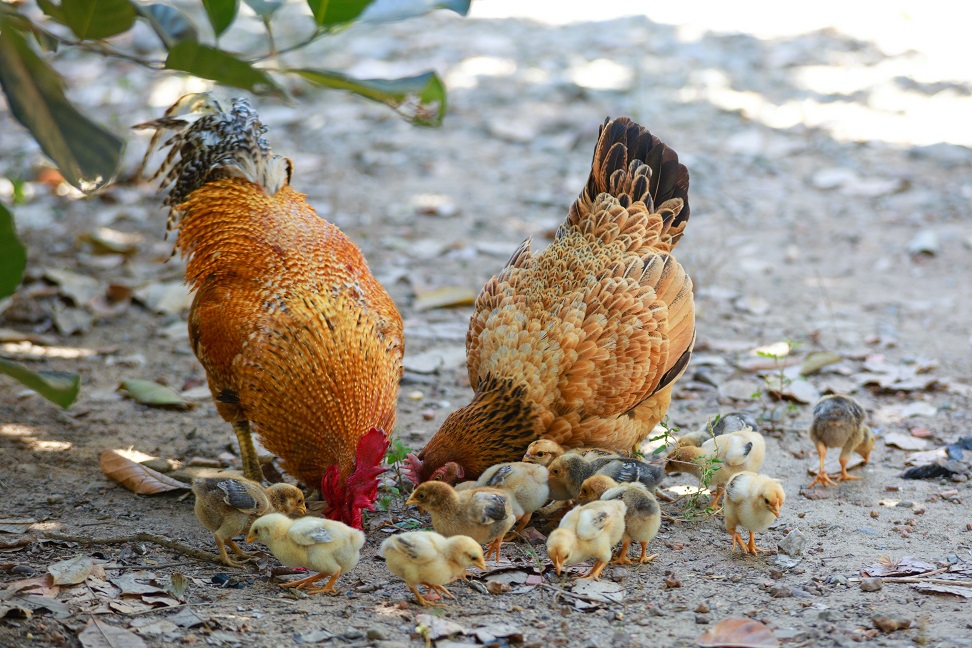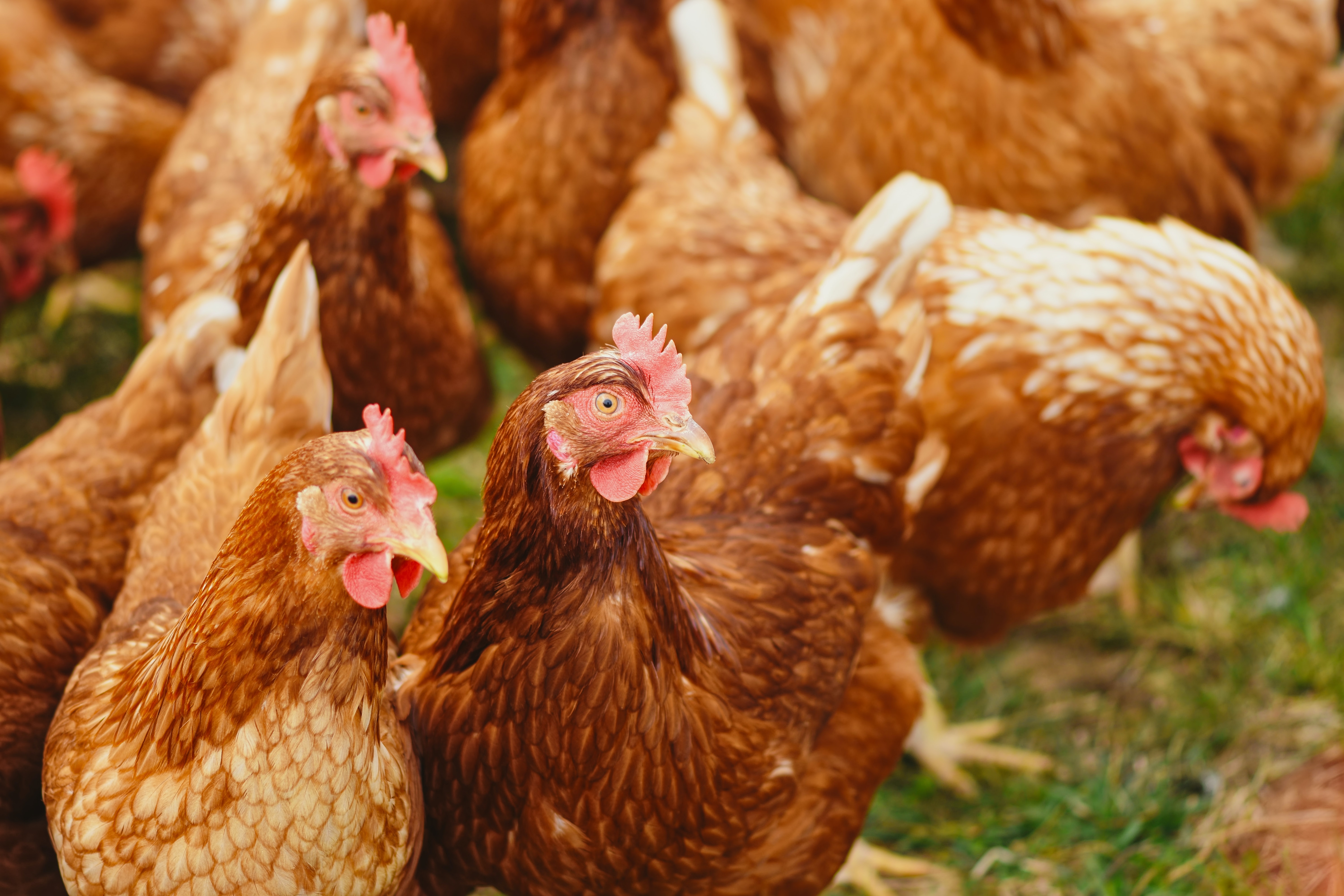A Thailand farmer began feeding his chickens marijuana and scientists found antibiotics were no longer needed.
Thailand no longer considers marijuana a controlled substance. The government recently made this decision with the hopes that it will increase tourism and help the pharmaceutical industry. Now, chickens could top the list of potential beneficiaries as scientists in Chiang Mai begin being testing to see if cannabis-fed chickens could reduce the need for antibiotics and, ultimately, reduce incidence of disease.
Their findings, which have not yet been published, are reportedly that marijuana-supplemented chickens on an organic chicken farm “suffered from fewer cases of avian bronchitis, and the quality of meat was judged to be superior, based on the amino acid and lipid profiles, as well as its tenderness, compared with non-supplemented chickens.” This means, consumers could prefer cannabis-infused chicken meat to meat from those not treated with it and have less of a chance of becoming infected unexpectedly with tainted meat.

Mass-use of antibiotics in commercial chicken production leading to the rise in antibiotic-resistant pathogens, which means that poultry are no longer as well-protected from the spread of disease and this resistance is also carried onto humans upon consumption. This is a growing concern faced by farmers and others in the industry.
Ong-ard Panyachatiraksa, a farm owner who is licensed to grow medical cannabis, first came up with the idea. He was trying to think of innovative ways in which he can use extra leaves from his cannabis plants, and he started giving them to his chickens. Upon doing so, the farmer invited scientists to monitor the effects.
The scientists from Chiang Mai University found, after studying 1,000 of Ong-ard’s chickens, that “cannabis could help reduce farmers’ dependence on antibiotics,” according to research lead Chompunut Lumsangkul, an assistant professor at the University’s department of animal and aquatic sciences.
Now, the team’s theory is that the marijuana could be improving the gut health of the farm animals, adding to healthy gut microbiota that keep chickens from becoming infected with disease. Those chickens that have already been impacted by salmonella, avian flu, or other afflictions, may not benefit from cannabis treatment. However, it might help those that are still healthy to remain healthy.
Withs salmonella still being the leading cause of outbreak-associated gastroenteritis in humans nationwide, keeping the disease out of poultry could help to reduce the number of people affected each year. Chicken consumption has been identified as one of the major causes of these outbreaks.
“CB2 receptors cover many cells in animals. These receive cannabidiol, or CBD, which interacts with the immune system” the scientists write. “This was shown to increase protection against viral infection and replication COVID-19 better than the vaccine in some cases, as well as effectively reversing the overreaction from the immune system itself that was the leading cause of death in COVID-19 infections, the so-called ‘cytokine storm.’”
The team said that the cannabis-fed chickens, with their higher immunity and the lack of antibiotics, could be sold to consumers at a premium.
Sources:
Cannabis-Fed Chickens May Cut Antibiotic Use on Thailand Farms


Join the conversation!